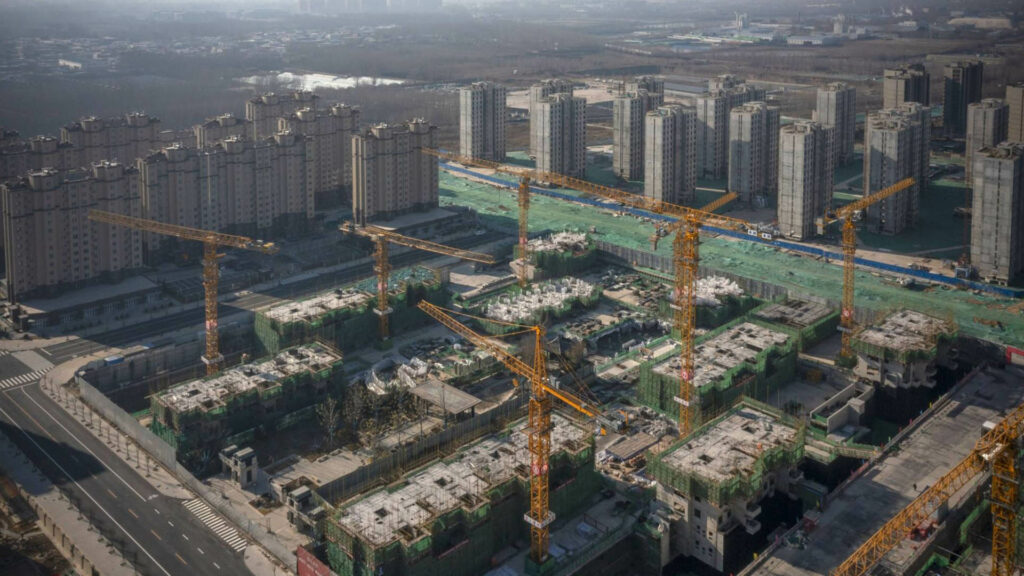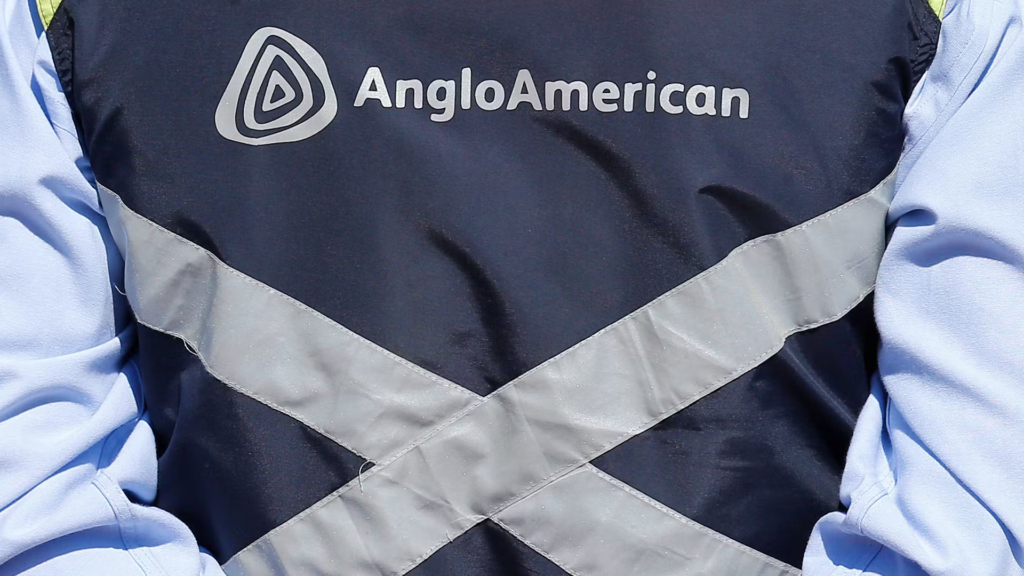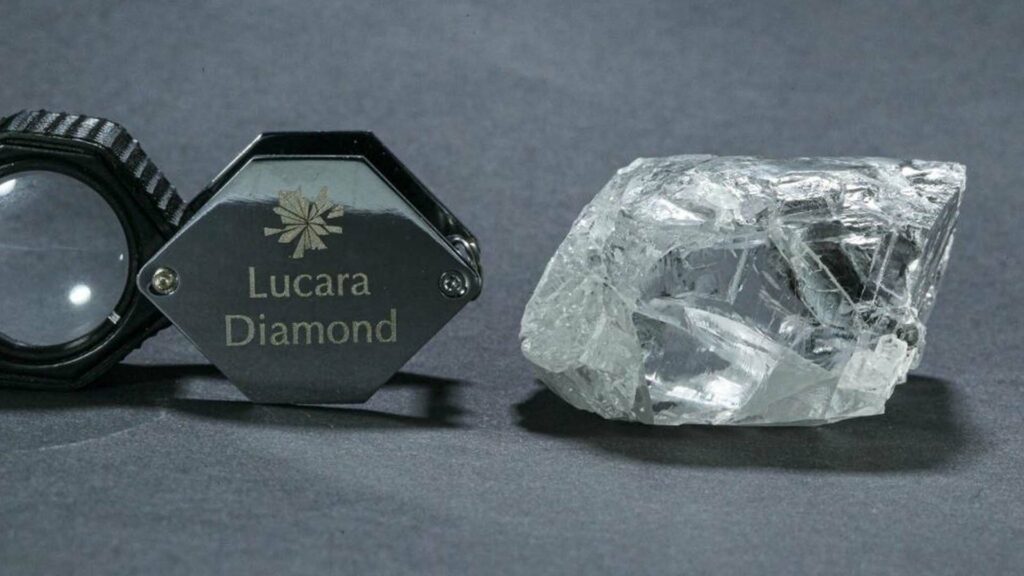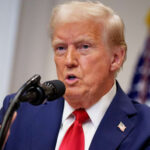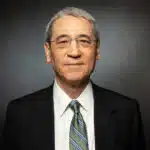|
Getting your Trinity Audio player ready...
|
For over two decades, Hui Ka Yan, a former steel industry employee from a rural village, orchestrated a highly profitable formula in China's real estate sector: borrow capital to purchase land, pre-sell properties before construction, and use the revenue to repay debts and fuel the next venture.
This strategy helped Hui ascend to the status of China's wealthiest individual and turned his enterprise, China Evergrande Group, into an expansive real estate empire.

Innovative Financing Strategies and Employee Involvement
However, as Evergrande's debt burden escalated, the company began resorting to unconventional tactics to generate funds.
In 2016, an Evergrande subsidiary encouraged certain employees to invest in financial products offered by the group's wealth management division, which was used to finance property development. Some employees were reportedly asked to allocate up to half of their salaries to these products.
This was just one of the many unique practices Evergrande employed before teetering on the edge of collapse in 2021, burdened with hundreds of billions in debt.

Unconventional Corporate Culture and Leadership Style
Hui, an ambitious entrepreneur, remained deeply involved in all aspects of Evergrande's operations.
He personally approved land acquisitions and had a hand in crafting advertising slogans, even being meticulous about fonts and sizes. Hui's management style was characterized by a top-down approach, where his directives were rarely questioned.
Employees who adapted to Hui's style were rewarded with generous compensation. Evergrande offered an average monthly salary far exceeding industry norms.
Some employees in the capital department earned substantial bonuses for securing loans, with teams receiving a share of up to 1% of the borrowed amount.
Employee Investment Targets and Questionable Financial Practices
In 2016, as Chinese property prices soared, Evergrande began urging its staff to invest in the company's wealth management products, with specific targets imposed on certain employees. Non-compliance with these targets led to reduced bonuses.
While it's common for Chinese property developers to raise capital for their projects by selling wealth management products, Evergrande's practice of tying employee bonuses to these purchases was atypical and raised ethical concerns.
The Shift to Riskier Financing Sources
As government regulations tightened on the property sector and Chinese property sales began to decline, Evergrande faced difficulties in raising funds. The company began seeking funds from trust firms, known as "shadow banks," who could offer loans at higher interest rates than traditional banks.
To secure loans, Evergrande used its own funds to buy local yuan bonds and sold them at substantially higher yields to investors. This unconventional practice often saw the effective interest on these bonds reach as high as 18%, significantly eroding profits.
Evergrande also diverted loans secured by its publicly listed property services unit for its operational and financial needs. These financial maneuvers reflected a "cowboy mentality" within the company, according to industry experts.
The Decline of Evergrande and Broader Industry Implications
By 2021, Evergrande's total liabilities had reached $300 billion, making it challenging to meet supplier payments and complete property projects. The company's property revenues plummeted, leading to widespread protests by retail investors who were not paid on time.

Despite Hui's confidence in Evergrande's recovery, the company reported staggering losses for 2021 and 2022, and its Hong Kong-listed shares were suspended in March 2021. Hui's personal fortune, which once exceeded $36 billion, dwindled to less than a tenth of that amount by 2023.
The Broader Implications for China's Property Market
China's property market, a vital driver of the country's economic growth, has been plagued by debt crises, defaults, unfinished projects, and the risk of wealth management product investors losing their savings.
The Chinese government faces the challenge of containing contagion that could spread to the broader financial sector and impact the national economy.
Conclusion
Hui Ka Yan's remarkable rise and China Evergrande Group's dramatic fall serve as a compelling narrative of a real estate empire's ascent and downfall amid China's evolving economic landscape and tightening government regulations.
The story of Evergrande underscores the delicate balance between growth, debt, and financial responsibility in China's property market, with repercussions that extend far beyond the company itself.
